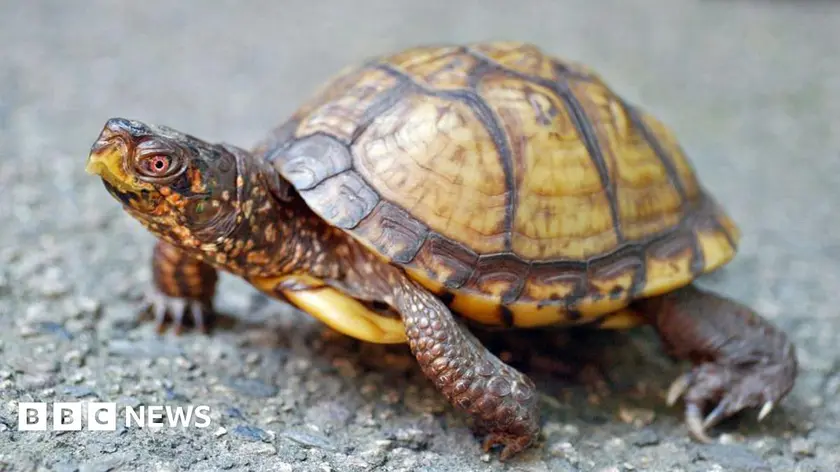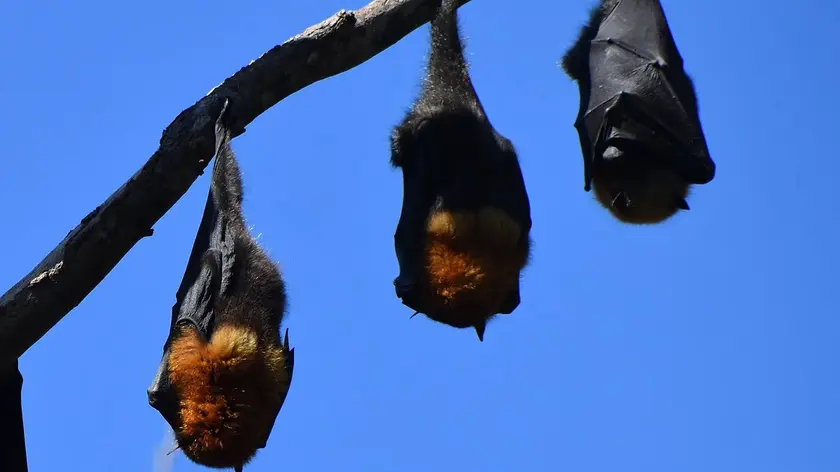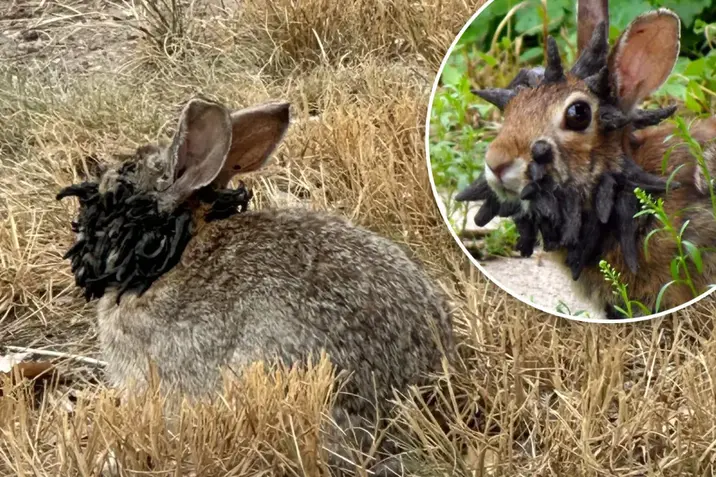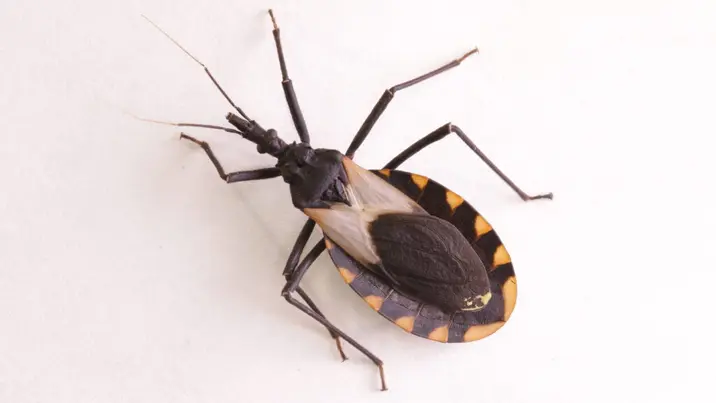T4K3.news
Wildlife case prompts crackdown on trafficking
A man in the United States faces up to five years in prison for shipping 850 turtles hidden in socks bound for Hong Kong, highlighting ongoing wildlife trafficking risks and enforcement efforts.

Turtles were packed in boxes labeled as plastic toys and intercepted at the border, according to the Justice Department.
US man faces jail for shipping 850 turtles in socks to Hong Kong
US authorities say a man shipped 850 eastern box turtles hidden in socks and packed in boxes labeled as plastic toys bound for Hong Kong. The seized animals, which carry unique shell markings, have an estimated combined value of about 1.4 million dollars. The shipment was intercepted during a routine border inspection; both turtle species involved were heavily trafficked in the 1990s and are protected under the Convention on International Trade in Endangered Species of Wild Fauna and Flora. Trade of these turtles can only be authorised with export permits or re export certificates. The eastern box turtle is listed as vulnerable by the International Union for Conservation of Nature.
Mr Lin faces up to five years in prison and will be sentenced on December 23. Authorities also seized 11 other parcels containing reptiles, including venomous snakes. The case echoes a March sentencing of another Chinese national who received 30 months for smuggling more than 2,000 eastern box turtles. Each turtle could have been sold for about 2,000 dollars on the illicit market.
Key Takeaways
"The turtles have unique markings on their shells, and are seen as a status symbol in China where they are often kept as pets."
describes market demand in China
"Trade of the turtles can only be authorised with export permits or re-export certificates."
legal framework for trade
"The animals were wrapped in socks and packed in boxes, which were labelled as containing almonds and chocolate cookies."
delivery method used in the case
"The eastern box turtle is also deemed vulnerable by the International Union for Conservation of Nature."
conservation status referenced in the case
This case shines a light on the ongoing demand for exotic wildlife and the challenges of policing a long running illegal trade. The fact that buyers in some markets seek turtles as status symbols helps explain why such shipments persist. The sock packing and fake labeling show how smugglers try to hide the crime from authorities. The seizure also underscores the role of border controls in catching trafficking attempts that cross continents.
Policy implications include stronger export controls, better permit tracking, and enhanced international cooperation to deter wildlife crime. The penalties in this case will matter, but they work only if enforcement is consistent and networks remain under pressure. Biodiversity faces a wider threat when demand outpaces response from lawmakers and agencies.
Highlights
- Greed hides in plain sight even in socks.
- Wildlife crime feeds on demand and weak checks.
- The turtles have unique markings on their shells.
- Trade of the turtles can only be authorised with export permits or re-export certificates.
Wildlife trafficking risk and enforcement gaps
This case highlights ongoing demand for protected species, gaps in export controls, and the need for stronger border enforcement and international cooperation to deter wildlife crime.
Enforcement will test whether penalties keep pace with a global wildlife crime market.
Enjoyed this? Let your friends know!
Related News

Rabies risk prompts nationwide warnings

Health alert issued after children contract brain-eating parasite

Frankenbunnies in Colorado raise wildlife health questions

New York Declares Public Health Emergency for Rabies

Unusual rabbits in Fort Collins prompt health guidance

Steam revises adult content policies

Seven charged in Alabama sex trafficking case

Rabies case confirmed in Wyomissing
